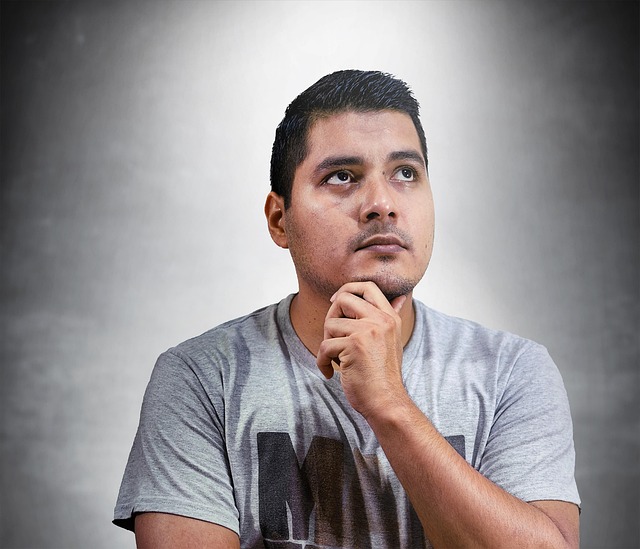Exploring Plausible Doubts: The Intersection of Science and Modern Philosophy
In an age where information flows ceaselessly and knowledge expands at an unprecedented rate, the concept of plausible doubts surfaces as an intriguing crossroads between science and modern philosophy. The interplay between these domains raises critical questions about what we can truly know and understand about the world around us.
The Essence of Plausible Doubts
Plausible doubts challenge us to question the validity of our beliefs and the evidence that supports them. In science, these doubts are essential for progress. They ignite curiosity and inspire rigorous inquiry. A scientific theory, no matter how widely accepted, remains open to skepticism and revision. This dynamic nature of science fosters a culture of continuous questioning, where the boundaries of knowledge are always pushed further.
Science: A Realm of Certainty or Uncertainty?
Scientific advancements have undoubtedly transformed our understanding of the universe. Yet, as we unearth new data, we find ourselves grappling with more questions than answers. Consider the realm of quantum mechanics, where particles do not behave in ways that align with our traditional logic. The very fabric of reality, as suggested by modern physics, is interwoven with uncertainty—compelling us to embrace those plausible doubts that challenge our perception of truth.
Modern Philosophy: Embracing Skepticism
Modern philosophy, on the other hand, has been significantly shaped by the lessons of scientific skepticism. Philosophers like René Descartes initiated the conversation about doubt by questioning the existence of the self and the world—a process essential for arriving at any form of certainty. This philosophical skepticism invites us to confront our assumptions and beliefs, urging us to reflect critically on the foundations of our understanding.
The Interconnection
The dialogue between science and philosophy is rich with implications. As scientists seek to decode the complexities of existence, they often find themselves reflecting on ethical considerations and existential questions that are inherently philosophical. Similarly, philosophers may look to scientific findings to ground their theories in observable reality. The fusion of these fields cultivates a space where plausible doubts flourish, encouraging a richer comprehension of our world.
A Call to Embrace Doubt
To navigate the intricacies of life in today’s society, it is vital for us to embrace our plausible doubts. Rather than viewing them as obstacles, we can see them as gateways to deeper insights. Accepting uncertainty not only allows for growth and exploration but also fosters a culture where dialogue thrives. Every doubt can be a catalyst for learning, prompting us to seek answers that lie beyond our current limits.
In traversing the terrain of science and modern philosophy, we find that embracing plausible doubts is not merely an intellectual exercise; it is a profound aspect of the human experience. So let us venture forth, question boldly, and allow our doubts to guide us toward new horizons of understanding.




